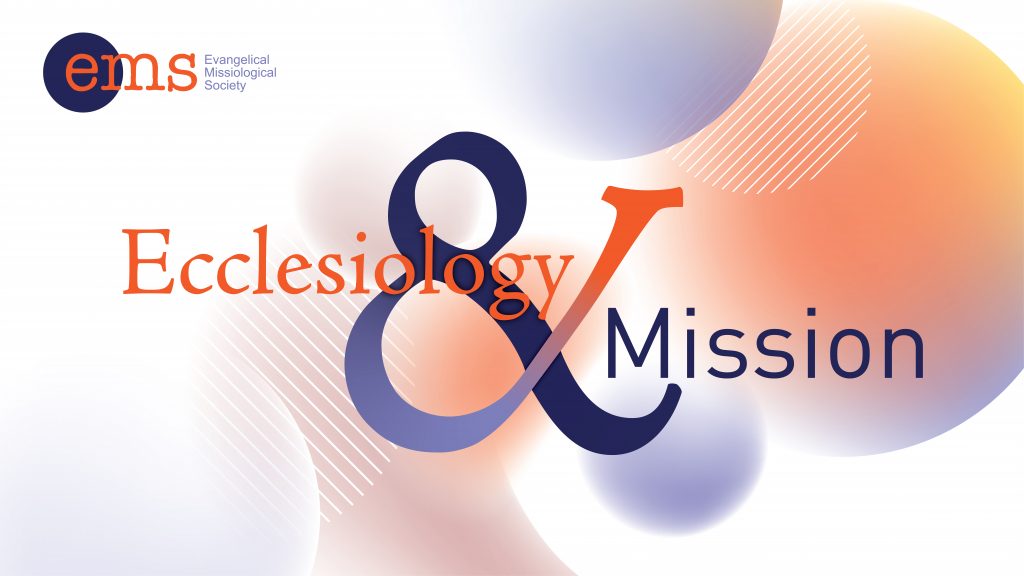
2025 ROCKY MOUNTAINS REGIONAL CONFERENCE
April 5, 8:30 am, Colorado Christian University
Registration is now open!
Scott Klingsmith, Ph.D.
WorldVenture
s.klingsmith@worldventure.com
The Rocky Mountains Region covers the following states:

Call for papers – Ecclesiology and Mission
The church is the Body of Christ in the world. It is the embodiment of the gospel and commissioned to reproduce itself among all nations. Its expression is diverse and continually evolving as it interfaces with the changing world it is sent into. The church came into being as the community of Jesus’ witnesses who were commanded to go out to their neighbors, towns, cities, and the ends of the earth. It is dynamic, creative, reproducing, and courageous as its members seek to nurture life in locally reproducing ways, wherever they find themselves.
The church is a mission community dedicated to proclaiming and teaching God’s word. It cares for and extends God’s family. Demonstrating the power of the Holy Spirit, the church brings God’s light to dark places, being a relevant societal example of holy living. It pursues God’s concerns for the world it inhabits and the communities its members are a part of. The church honors God as it affirms and encourages the diversity of all he has created. However, churches also often become institutions which struggle to retain their life-giving mission orientation.
Papers are invited on any aspect of ecclesiology and mission. Topics include but are not limited to:
• Theological explorations of mission and the church
• The church’s specific role in mission
• Any aspect of church planting
• Models of church as they relate to mission
• How the church mobilizes for mission
• Church and parachurch roles in training for mission
• Issues relating to churches in mission contexts
• Diaspora churches
• Intergenerational church planting
• Church planting and evangelism in the context of violence
• The role of community in the church’s mission
• The role of the sacraments in mission
• The role of Bible translation in church planting
Preliminary papers – Regional meetings March/April 2025
(Specific date for Rocky Mountain region will be announced soon)
To encourage research on ecclesiology and mission, preliminary papers (2000 words) are invited for presentation at regional meetings. These preliminary papers will be reviewed by regional teams and, according to their quality, recommended for full paper (4500-7000 words) presentation at the annual conference.
Submitting a Proposal
Proposals for the Rocky Mountain Region must be submitted to the Rocky Mountain Vice President Dr. Scott Klingsmith at s.klingsmith@worldventure.com, by Friday, January 10, 2025 and should include the following:
- Title of proposal showing connection to annual theme
- 200-300 word abstract summarizing paper to be presented
- Name, email, and institution/mission/group you represent
You will be notified about whether or not your proposal has been accepted by Feb 1, 2025.
Accepted proposals are to be developed into papers of 4500-7000 words in length and use Chicago Turabian author-date citation format. Some papers presented at the EMS regional meetings will be invited to be presented at the annual EMS meeting to be held in Dallas in the Fall of 2025, leading to the possibility of being published as a chapter in the EMS Annual Compendium for 2026.